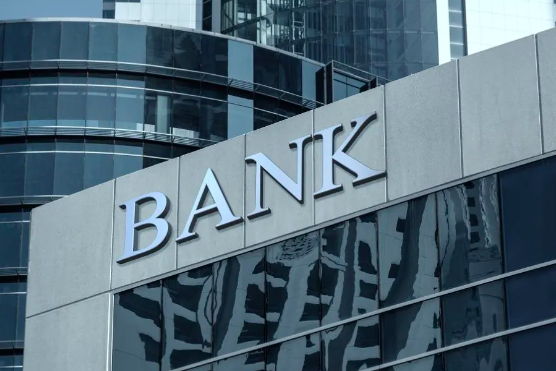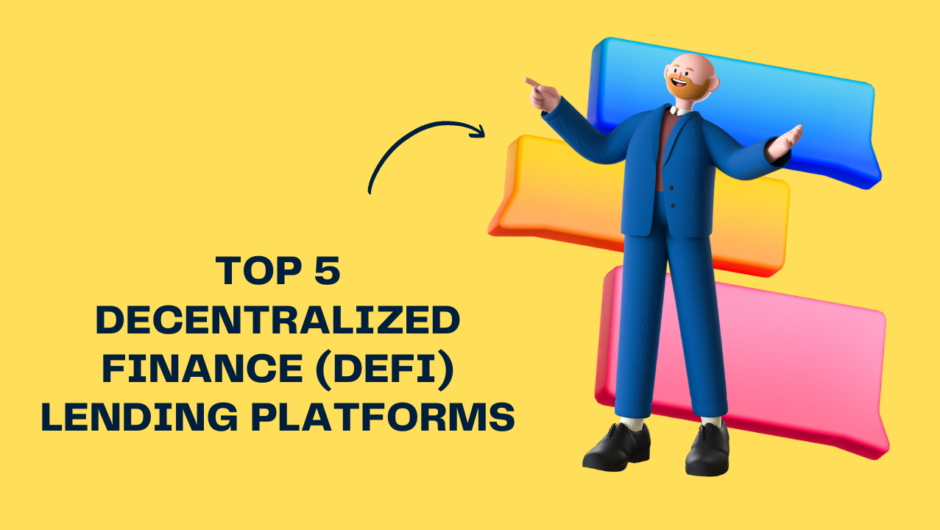Online banking has transformed the financial landscape by offering a range of advantages tailored to our fast-paced, digital world. Among the top 7 benefits, convenience, accessibility, and efficiency take center stage. Firstly, it grants users round-the-clock access to account information, allowing them to manage finances at their convenience. Secondly, the need for physical visits to traditional branches is eliminated, saving valuable time and resources. Thirdly, online banking facilitates seamless fund transfers and bill payments, enhancing financial agility. Robust security measures and real-time transaction tracking provide a solid layer of protection. Additionally, it promotes eco-friendliness by reducing reliance on paper. The combination of ease and functionality makes online banking an indispensable tool for modern financial management.

The Top 7 Advantages of Online Banking are:
24/7 Account Access
24/7 account access stands as the cornerstone of the online banking revolution, offering unparalleled convenience and flexibility to users. Unlike traditional brick-and-mortar banks with limited operating hours, online banking ensures that account holders can access their financial information and perform transactions at any time of day or night, 365 days a year. This accessibility caters to the diverse and dynamic lifestyles of modern individuals who may need to manage their finances outside standard banking hours.
The ability to check account balances, review transaction history, and monitor account activity around the clock empowers users to stay in control of their financial affairs effortlessly. Whether it’s tracking expenditures, verifying deposits, or analyzing recent transactions, 24/7 account access provides a real-time snapshot of one’s financial health.
This continuous accessibility is especially beneficial for individuals with busy schedules, frequent travelers, or those residing in different time zones.
Elimination of Physical Visits to Branches
The elimination of physical visits to branches is a transformative aspect of online banking that streamlines and modernizes the traditional banking experience. In the conventional model, individuals had to allocate time and effort to visit physical branches, often contending with long queues and fixed operating hours. Online banking eradicates these constraints, liberating users from the need to visit brick-and-mortar locations.
This advantage translates into significant time savings, enabling users to conduct a wide array of banking activities from the comfort of their homes or any location with internet access. Tasks that once required a visit to the bank, such as checking account balances, transferring funds, or updating personal information, can now be efficiently executed through secure online platforms. As a result, users can manage their finances seamlessly, without the constraints of geography or traditional banking hours.
The elimination of physical visits also contributes to a more environmentally friendly banking experience by reducing the need for paper-based transactions and documents.
Seamless Fund Transfers
Seamless fund transfers represent a pivotal advantage within the realm of online banking, revolutionizing the way individuals move money and conduct financial transactions. Unlike the traditional methods that often involved time-consuming processes, online banking facilitates swift and effortless fund transfers between accounts.
One of the key benefits is the speed of transactions. Online banking platforms enable users to transfer funds instantaneously, eliminating the delays associated with physical checks or in-person transactions. This is particularly crucial for time-sensitive payments, emergency situations, or business transactions that demand rapid financial movement. The integration of various payment methods, including electronic funds transfers (EFT), wire transfers, and online payment systems, ensures versatility in transferring funds across different platforms and institutions.
Effortless Bill Payments
Effortless bill payments significantly simplifying and expediting the often cumbersome task of settling financial obligations. Online banking platforms provide users with a user-friendly interface that allows for seamless and automated bill payments, revolutionizing the way individuals manage their recurring expenses.
One of the primary advantages is the time-saving convenience offered by online bill payments. Users can set up automated payments for regular bills such as utilities, rent, and subscriptions, eliminating the need for manual intervention each month. This not only ensures timely payments but also frees up valuable time that would otherwise be spent writing checks or visiting payment centers. The process is secure and efficient, with built-in safeguards to protect against fraud and unauthorized transactions. Users can initiate payments from the comfort of their homes or on the go, fostering a level of convenience that aligns with the fast-paced, digital lifestyle.
Robust Security Measures
Robust security measures are the bedrock of online banking, addressing concerns about the safety of financial transactions in the digital realm. Online banking platforms employ a multifaceted approach to ensure the protection of users’ sensitive information and financial assets, incorporating advanced technologies and stringent protocols.
Encryption technology plays a pivotal role in safeguarding data during online transactions. Secure Sockets Layer (SSL) and Transport Layer Security (TLS) protocols encrypt the communication between the user’s device and the banking server, making it extremely difficult for unauthorized parties to intercept or manipulate the transmitted data.
Two-factor authentication (2FA) is another key security layer that enhances user verification. By requiring users to provide two forms of identification, such as a password and a temporary code sent to a registered device, online banking adds an extra barrier against unauthorized access.
Real-time Transaction Tracking
Real-time transaction tracking stands as a pivotal feature in online banking, providing users with instantaneous visibility into their financial activities and promoting a heightened sense of control and security. Unlike traditional banking methods where transaction updates may take days to reflect, online banking platforms offer users the ability to monitor their transactions in real-time, enhancing transparency and accountability.
The immediacy of real-time tracking is particularly beneficial in identifying and addressing any unauthorized or suspicious transactions promptly. Users can promptly detect irregularities, report potential fraud, and take swift action to mitigate any financial risks. The accessibility of real-time transaction information is not limited to a specific location or time, empowering users to stay informed wherever they are. Whether through mobile apps or online portals, this feature aligns with the fast-paced, on-the-go nature of modern life, offering users a comprehensive and immediate overview of their financial landscape.
Eco-friendly Practices
Online banking contributes significantly to eco-friendly practices, playing a crucial role in reducing the environmental impact associated with traditional banking methods. One of the primary ways it promotes environmental sustainability is by drastically reducing the need for paper usage. Digital statements, electronic communication, and online documentation have substantially minimized the reliance on paper-based transactions and paperwork, leading to a considerable reduction in deforestation and energy-intensive paper production processes.
The shift to online banking also helps decrease carbon emissions associated with commuting to physical branches. With users conducting transactions, accessing account information, and managing finances from the convenience of their devices, the necessity for in-person visits to brick-and-mortar banks diminishes. This reduction in travel not only saves time for users but also contributes to a decrease in traffic-related pollution.
Conclusion
In conclusion, the top 7 advantages of online banking converge to redefine and streamline the modern financial landscape. With 24/7 account access, elimination of physical visits, seamless fund transfers, effortless bill payments, robust security measures, real-time transaction tracking, and eco-friendly practices, online banking offers unparalleled convenience, security, and efficiency. This digital evolution not only empowers users to manage their finances with unprecedented flexibility but also contributes to a more sustainable and eco-conscious financial ecosystem.
Also Read:
- What is Dividend Investing and How to find Dividend Stocks?
- How do new mobile banking apps help access savings account better?
- Financial Advisor in India – The Best for your Financial Planning?
- What is inflation and how it impacts your financial plan?

Hello, I am Tanisha Kriplani, graduated in computer science from Delhi University. I am passionate about web content writing and have a strong interest in Data Analytics and Data Engineering.












